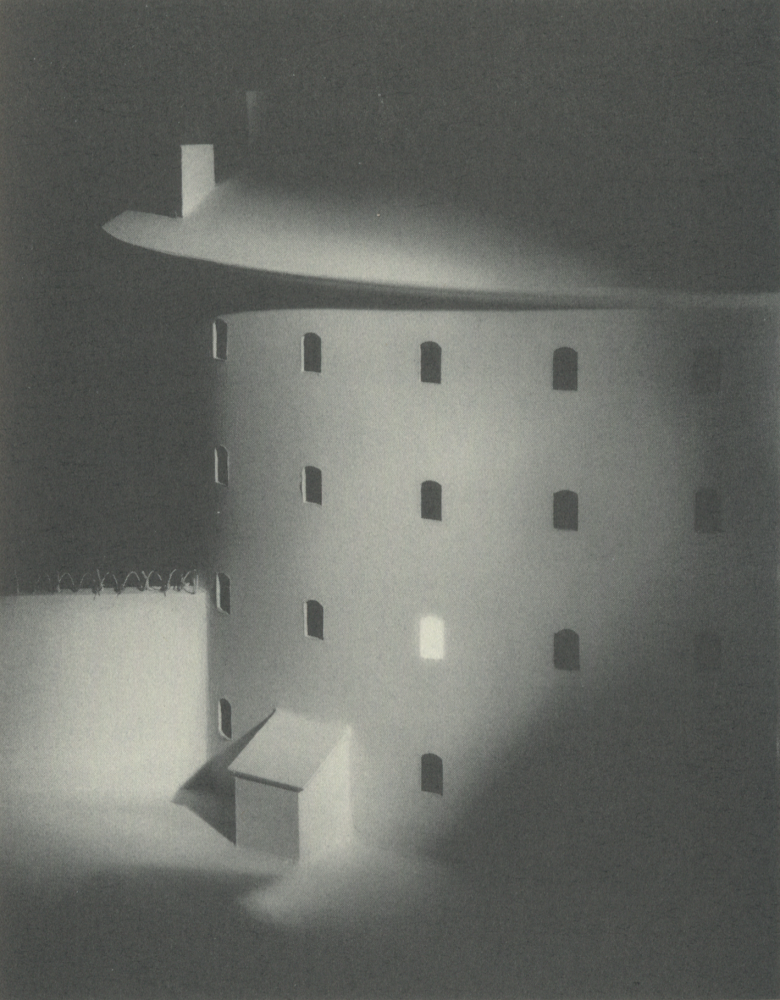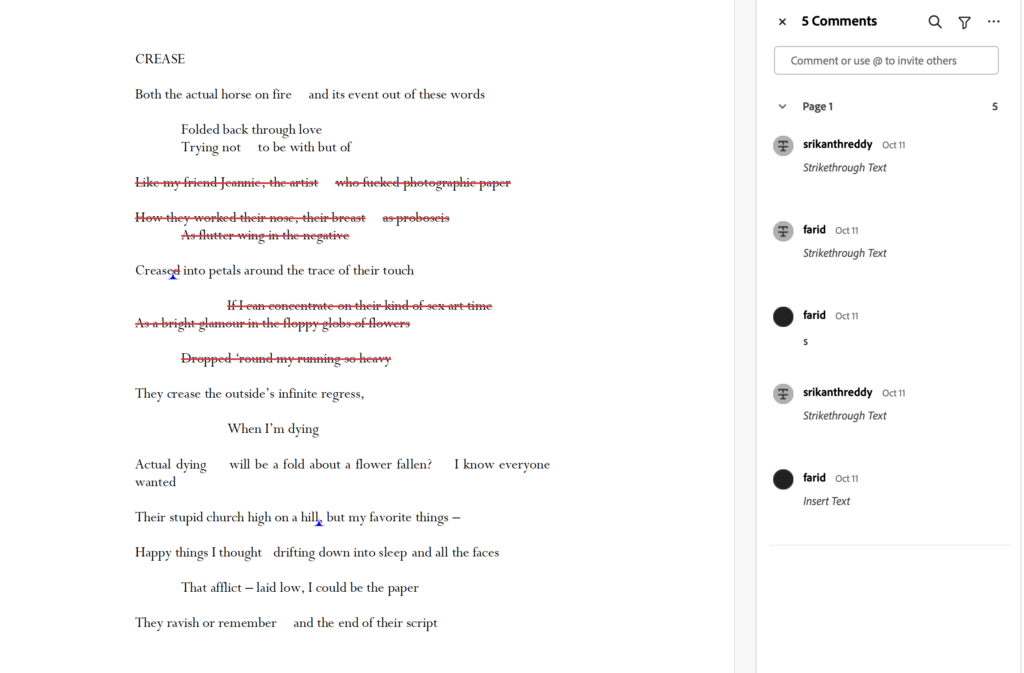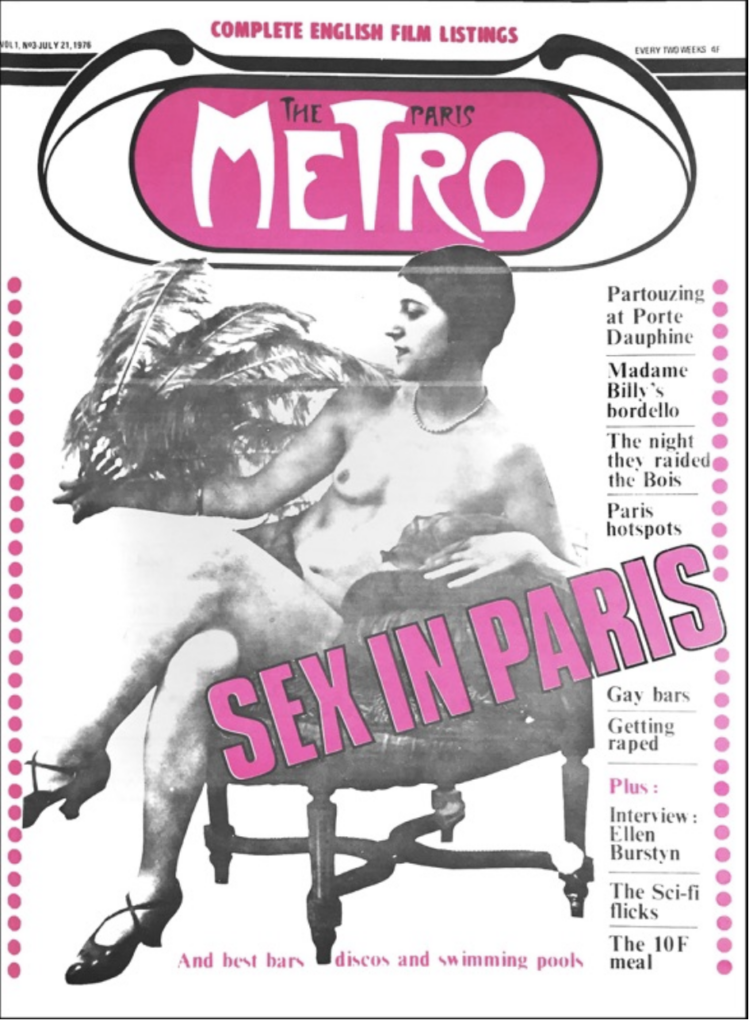James Casebere, Panopticon Prison 3. From Silverprints, a portfolio in the Spring 1994 issue of The Paris Review.
Nearly seven years after Lin Yi-Han first published her novel Fang Si-Chi’s First Love Paradise in Mandarin, the English translation is finally on its way to publication in the United States—by HarperVia in May. The novel, which was released posthumously, greatly influenced the #MeToo movement in Taiwan; it was widely read and discussed for its depictions of sexual violence and mental health, and it has also raised significant awareness about sexual grooming.
This piece is one of the last nonfiction pieces Lin published before her death by suicide in 2017. It appeared originally in Mandarin, on BuzzFeed Taiwan, and reflects on the language we use to describe mental illness—words like psychopath, or telling someone to “go check themselves in” as though they were ill. Her descriptions of her time in a psychiatric hospital, layered with the scenes in the university library where she studied, are movingly drawn, and overlap thematically with much of her novel.
The piece was translated by Jenna Tang, who also translated Fang Si-Chi’s First Love Paradise into English. Tang first encountered Lin’s work in 2017 and immediately knew she wanted to translate it; she was drawn in by Lin’s lyricism and the echoes of Classical Chinese literature in her work, especially poetry. “I could feel her love for writers like Eileen Chang, Hu-Lan Cheng, and more,” Tang told the Review. Tang said, “The way she builds a sense of place through her writing makes me feel like she has always been alive and present with her languages.” The posthumous translation was especially challenging, she said, because she wasn’t able to consult the author on particular choices; still, what Tang describes as the tenderness of Lin’s style made it easier to feel close to the author, even at a distance. “Translating her work was like embodying that language full of warmth and love, which will never go away,” Tang said.
Copyright
© The Paris Review






